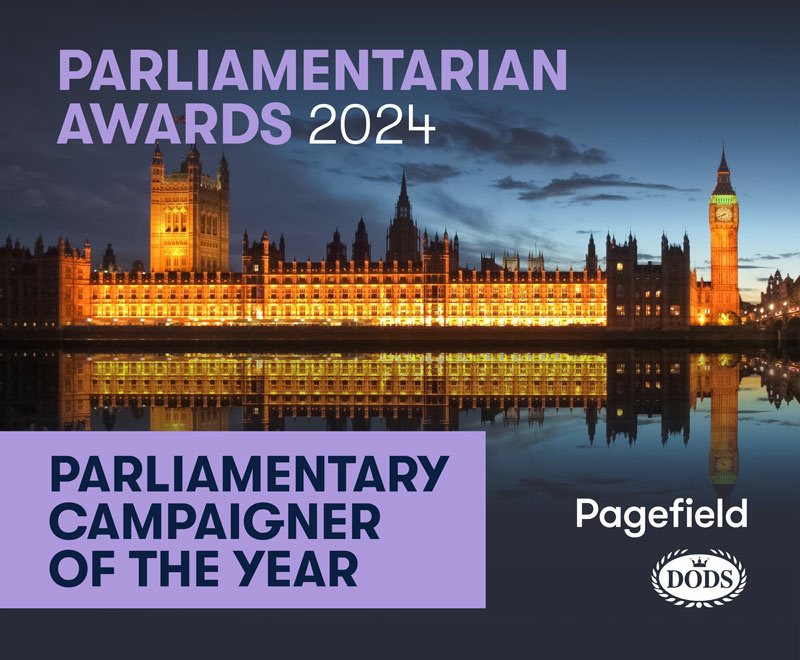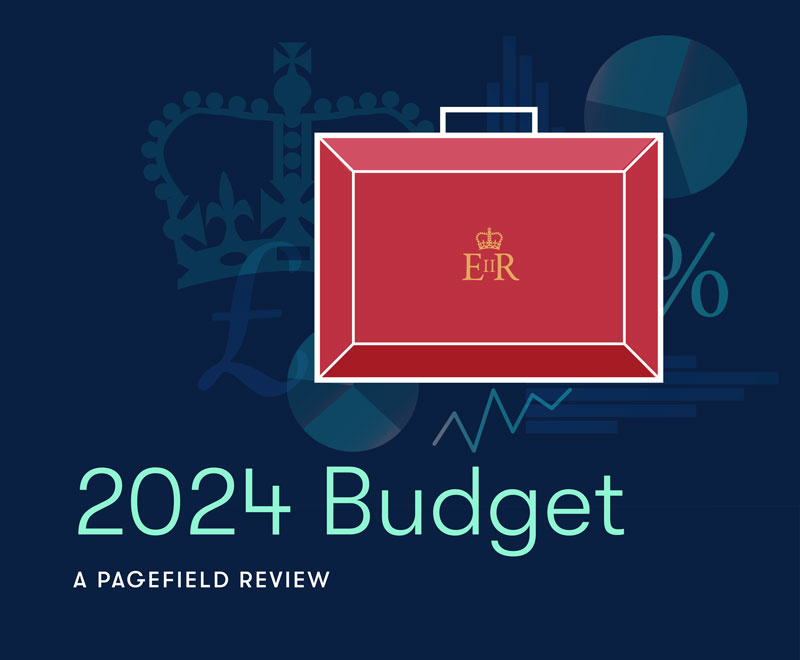The Kalifa Review was a major landmark in the UK fintech sector. Led by renowned entrepreneur Ron Kalifa OBE, the review set out a series of policy recommendations over five key areas for the UK fintech industry – including policy and regulation; skills; investment; international; and national connectivity.
Published a year ago, the review was applauded by the UK fintech industry as a study that could be hugely influential in guiding future government policy on fintech and help to realise the full potential of this sector.
One year on and the UK’s politicians and policymakers are facing a number of immense obstacles, most alarmingly the spectre of a possible war in Europe but also the challenge of striking new trade deals and the fall-out from the ongoing COVID-19 recovery.
Against such a troubled backdrop, fintech policy is never going to be a priority, but equally the Government must not lose sight of the objectives of the Kalifa Review and the recommendations it made.
It is clear that the UK remains a global leader when it comes to fintech, attracting swathes of international businesses and investors, while making up around 10% of the global market (c.£11bn in 2019).
To maintain this status, however, the UK must prioritise investment and support for fintechs. Growing competition from overseas threatens to derail the UK’s position in the global fintech market if action is not taken to do the following:
Level up investment
International investment has been an important driver of growth for UK fintech over recent years. But the Review argues that more domestic sources of funding would help UK economic expansion and proposes the creation of a Fintech Growth Fund to facilitate this.
For both avenues, an emphasis must be placed on encouraging investment into businesses not just in London, but in other areas of the UK as well.
When looking at overseas investment specifically, data from the Office for National Statistics (ONS) released last year revealed that London accounted for almost half of foreign direct investment (FDI) into the UK in 2019.
This is startling, and highlights the pressing need to direct foreign investment into other areas of the UK – particularly if the Government is to deliver on its levelling-up agenda. While London is the second biggest financial centre in the world after New York, many of the UK’s leading fintech firms are based in other major cities around the country, such as Manchester and Bristol.
Ultimately, it will be imperative that the Government directs investment into these areas, via schemes such as the proposed Fintech Growth Fund, to ensure booming fintech businesses both in and outside London get the capital they need to contribute to the UK economy.
Trust the Taskforce
The Digital Economy Taskforce – or DET – was a key element of the Kalifa Review, proposing a coherent roadmap for technology and digital issues and creating a ‘single customer view’ of the Government’s strategy. Alignment across government in this way will be extremely important in the delivery of future policy and regulation in the fintech market.
Setting up the DET is the clear starting point to achieving this. With guidance from industry and other leading players in the digital market who know how to deliver further growth in this area , the Government will be equipped to facilitate greater competition and innovation in a way that is sustainable and effective.
Up-skill the workforce
Finally, up-skilling and training adults across the country will be another important step in bolstering resource and expertise within the UK fintech market. The Kalifa Review recommends that there is ‘access to short courses from high-quality education providers at low cost’ and that fintechs are supported to ‘offer embedded work placements to Further Education and Higher Education students and Kick-starters’.
Both these strategies should go a long way towards encouraging more individuals to join fintech businesses and help contribute to a growing sector – not to mention levelling up the country.
While unemployment figures in the UK have fallen over recent months, plans to increase job opportunities in the fintech market could also benefit workers who have been impacted by the pandemic.
This could be the year the UK kickstarts the strategies outlined in the Kalifa Review to bolster the fintech market and help British businesses in this space grow, on both a domestic and global scale.
The global fintech market is expected to be valued at £380bn by 2030 and the UK could take a major share in this by capitalising on the opportunities available.
The Government needs to act on the recommendations of the Kalifa Review now if we are not to fall behind other countries.
Here at Pagefield we have extensive experience at working with a range of fintech clients on reputation management, market entry, and creative campaigns. If you’re a fintech company looking for expert public relations and public affairs support, email hello@pagefield.co.uk




